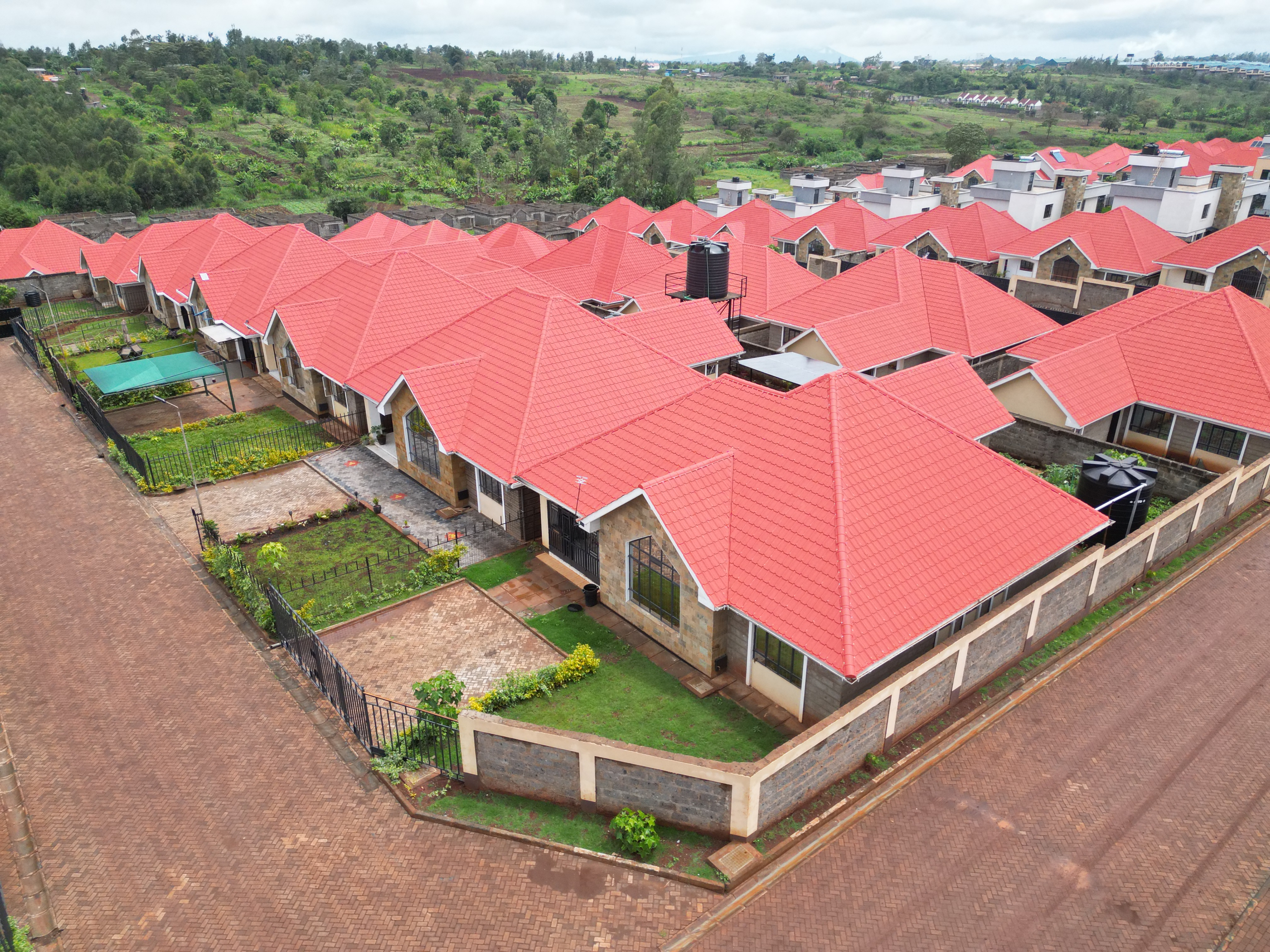Blockchain and the Real Estate Sector in Kenya are increasingly becoming intertwined as the country seeks innovative solutions to longstanding challenges in its property market. With issues such as land ownership disputes, fraud, and inefficient registration processes plaguing the sector, blockchain technology offers a transformative approach to addressing these problems. By leveraging its decentralized, transparent, and secure nature, blockchain has the potential to revolutionize how property transactions are conducted, land records are maintained, and investments are made. As Kenya continues to embrace digital transformation, the integration of blockchain into real estate could pave the way for a more efficient, trustworthy, and inclusive property market. This article explores the role of blockchain in Kenya’s real estate sector, highlighting its applications, benefits, and the path forward for adoption.
Read also: Kenya Real Estate: How PropTech is Revolutionizing the Property Market
Current Challenges in Kenya’s Real Estate Sector
Kenya’s real estate sector faces several challenges that hinder its growth and efficiency. Land ownership disputes are rampant, often resulting from unclear land titles and illegal allocations. Fraud and corruption further exacerbate these issues, with cases of double-selling and forged documents being common. Additionally, the land registration process is often slow and cumbersome, involving multiple intermediaries and paperwork. These challenges not only deter investors but also undermine public trust in the real estate market.
How Blockchain Can Transform Real Estate in Kenya
Blockchain technology can address many of these challenges by providing a transparent, secure, and immutable ledger for recording property transactions. By decentralizing the land registry, blockchain can eliminate the risk of tampering and fraud. Each transaction is recorded in a block, linked to the previous one, creating a chain that is virtually impossible to alter. This ensures that land ownership records are accurate and up-to-date.
Moreover, blockchain can streamline property transactions by reducing the need for intermediaries. Smart contracts, which are self-executing contracts with the terms directly written into code, can automate and expedite the buying and selling process. This not only reduces costs but also minimizes the risk of human error and fraud.
Read also: The Future of Real Estate in Kenya: Key Trends for Homebuyers and Investors
Blockchain Applications in Kenyan Real Estate
- Smart Contracts for Property Transactions: Smart contracts can automate the transfer of property ownership once predefined conditions are met. For example, once the buyer makes the payment, the smart contract can automatically transfer the title to the buyer, eliminating the need for intermediaries.
- Tokenization of Real Estate Assets: Blockchain enables the tokenization of real estate assets, allowing properties to be divided into digital tokens. These tokens can be bought and sold, making real estate investment more accessible to a broader audience. For instance, a high-value property in Nairobi can be tokenized, allowing multiple investors to own a fraction of it.
- Digital Identity Verification: Blockchain can provide a secure and verifiable digital identity for buyers and sellers. This ensures that all parties involved in a transaction are who they claim to be, reducing the risk of fraud.
Case Studies and Examples
Several countries have already begun implementing blockchain in their real estate sectors with promising results. For example, Sweden’s Lantmäteriet (the Swedish Land Registry) has been testing blockchain for property transactions since 2016, significantly reducing processing times and costs. In Georgia, the National Agency of Public Registry has partnered with Bitfury to implement a blockchain-based land registry, enhancing transparency and reducing fraud.
In Kenya, pilot projects are underway to explore the potential of blockchain in real estate. The government, in collaboration with private sector players, is testing blockchain solutions for land registration and property transactions. These initiatives aim to create a more efficient and transparent real estate market.
Benefits of Blockchain in Real Estate
- Increased Transparency and Trust: Blockchain’s decentralized nature ensures that all transactions are recorded transparently and cannot be altered. This builds trust among buyers, sellers, and investors.
- Cost and Time Efficiency: By automating processes and reducing the need for intermediaries, blockchain can significantly lower transaction costs and processing times.
- Enhanced Accessibility for Investors: Tokenization of real estate assets allows smaller investors to participate in the market, democratizing real estate investment.
Read also: Building vs. Buying a Home in Kenya: Which is the Better Option?
Challenges and Limitations
Despite its potential, blockchain adoption in Kenya’s real estate sector faces several challenges. Technological barriers, such as the need for robust IT infrastructure and skilled personnel, can hinder implementation. Regulatory hurdles also exist, as current laws may not fully accommodate blockchain-based transactions. Additionally, public awareness and acceptance of blockchain technology are still limited, requiring extensive education and outreach efforts.
Future Prospects
The future of blockchain in Kenya’s real estate sector looks promising. With the government’s commitment to digital transformation and the increasing interest from private sector players, widespread adoption is on the horizon. Blockchain has the potential to revolutionize land registration, property transactions, and real estate investment, creating a more transparent, efficient, and inclusive market.
Blockchain and the Real Estate Sector in Kenya represent a powerful combination that can address many of the challenges hindering the growth and efficiency of the property market. From enhancing transparency in land registries to enabling secure and efficient property transactions through smart contracts, blockchain offers a wide range of solutions that can transform the sector. While challenges such as technological barriers, regulatory hurdles, and public awareness remain, the potential benefits far outweigh these obstacles. With the government’s commitment to digital innovation and the increasing involvement of private sector players, Kenya is well-positioned to lead the way in adopting blockchain for real estate. By embracing this technology, Kenya can create a more transparent, efficient, and inclusive property market, ultimately benefiting buyers, sellers, investors, and the economy as a whole. The future of real estate in Kenya is digital, and blockchain is at the forefront of this transformation.
Read also: Real Estate Investment in Kenya





